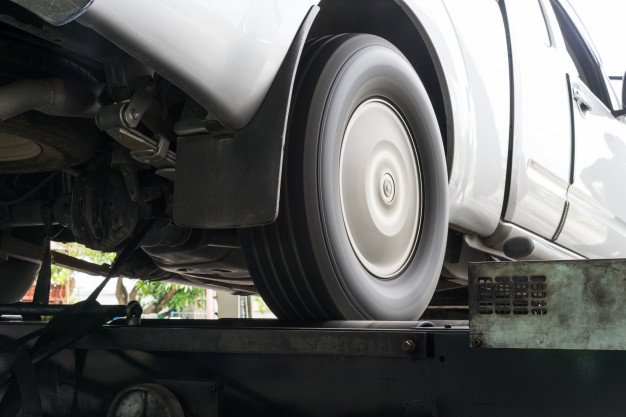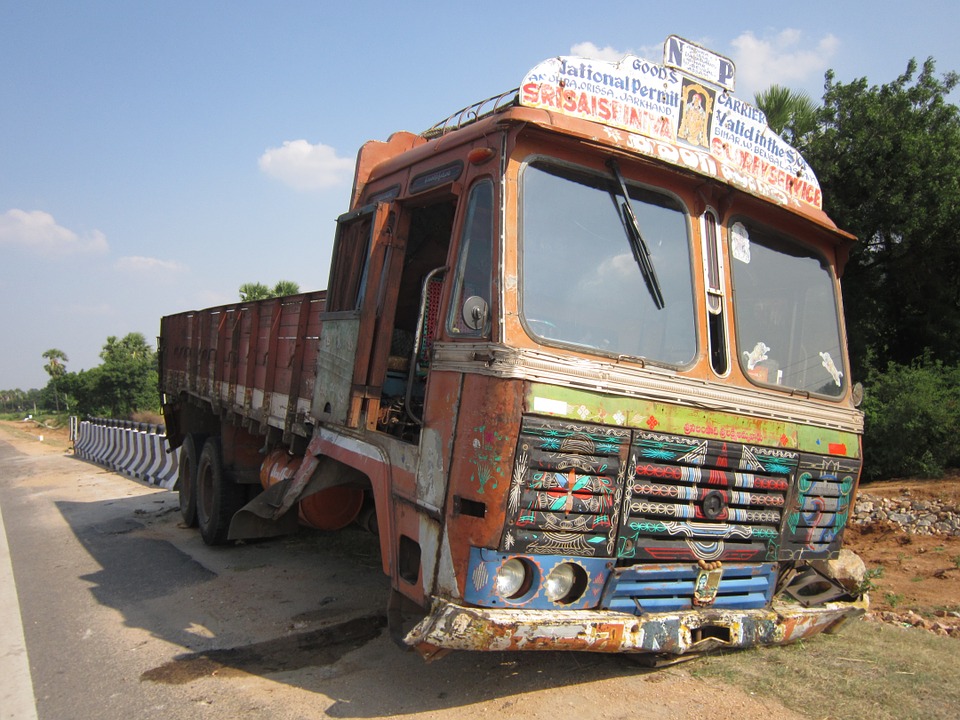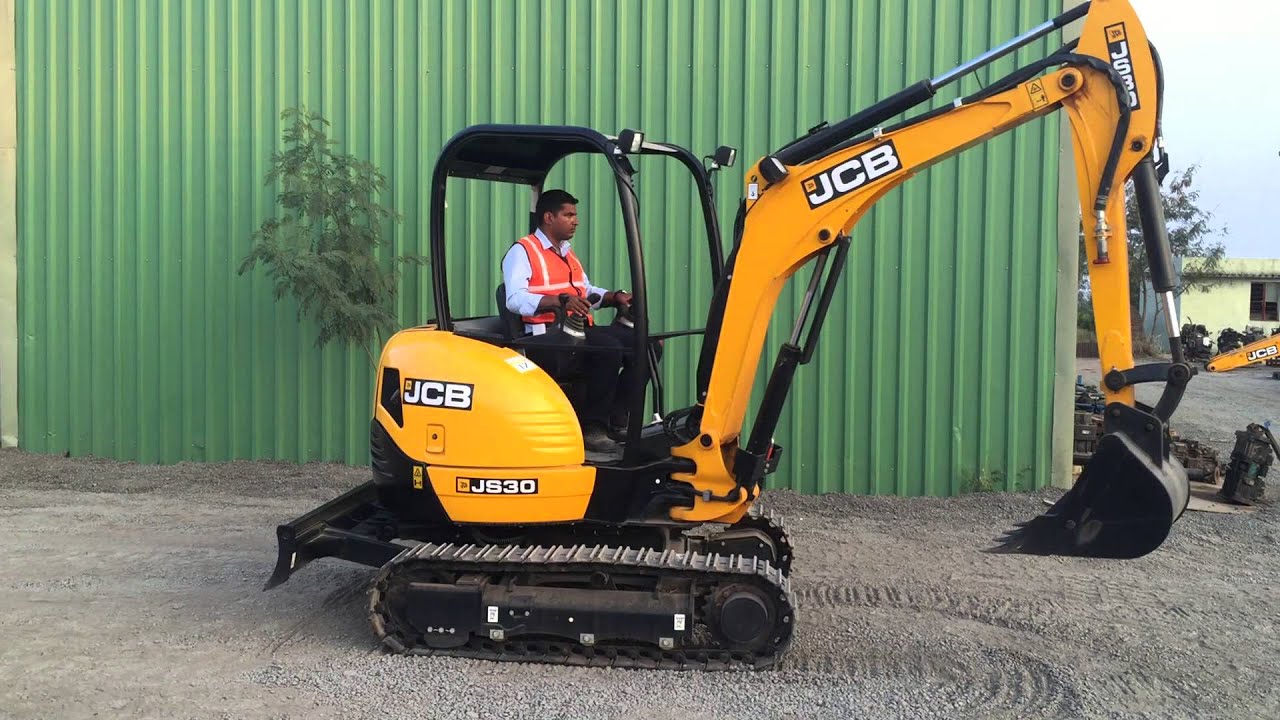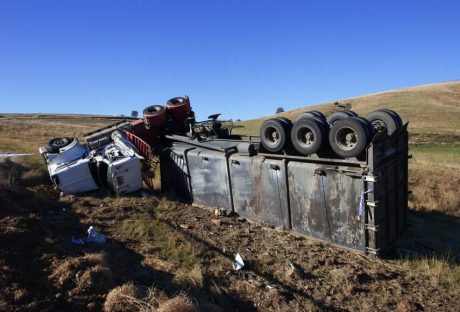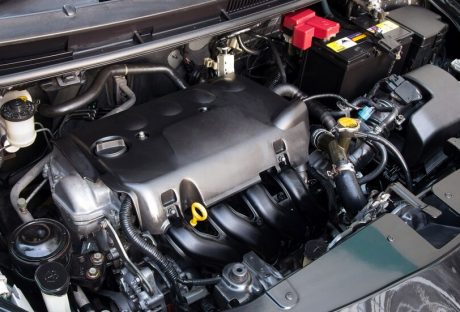Just about every driver on the road realizes how important it is to provide routine maintenance like checking fluids and changing oil and filters. Surprisingly few of them consider how important it is to maintain their vehicles’ tires, though. Just like oil changes protect the vehicle’s engine and decrease costs of ownership over time, tire rotation protects the vehicle’s tires, so it’s important that drivers understand what tire rotations are and what schedule to follow. Read on to find answers to four frequently asked questions to get the search for knowledge started off on the right foot.
Answering 4 Common Questions About Tire Rotation:
Why Are Tire Rotations Necessary?
Tires aren’t cheap, but periodic tire rotations can help to extend the lifespan of tires by ensuring they all wear evenly, helping drivers make the most of their investments. Even tire wear also increases gas mileage and decreases the chances of a blowout. Along with other essential tire services, rotations can not only extend the lifespan of the car’s tires but also help prevent potential safety risks on the road.
How Often Do Tires Need to Be Rotated?
There’s actually no clear answer to this question. Some vehicles and tires need more frequent maintenance and rotation than others. For example, all-wheel-drive (AWD) vehicles need more frequent tire rotations because uneven wear can throw off the entire driving system.
Driving habits also impact how often tires need to be changed. Aggressive drivers or those who drive long distances every day typically require rotations more often.
The type and brand of the tire can also impact how often drivers need a rotation. New tires that are still under warranty typically need to be rotated by a professional at prescribed intervals to avoid voiding the warranty. Some warranties require rotations as frequently as every 4,000 miles, so make sure to check the manufacturer’s specifications.
For most drivers, getting the tires rotated every 5,000 to 7,500 miles is a good rule of thumb. Get the tires rotated with each oil change to avoid missing an appointment and creating uneven wear patterns.
Can Drivers Rotate Their Own Tires?
Tire rotations require specialized tools, including multiple jack stands, floor jacks, and a torque wrench. Unless drivers have everything needed to remove multiple tires safely and replace them securely, it’s never a good idea to attempt a DIY tire rotation. Failing to get documentation from an automotive or tire shop can also void the warranty on new tires.
Feel like the quote on a tire rotation offered by the dealership is excessively high? The best solution is to head to an independent shop, not to attempt a home rotation. Some shops perform rotations as part of other routine maintenance services, while others include inspections at no additional cost, so it’s worth the money.
What About the Spare?
Most vehicles’ spare tires are smaller than ordinary tires. Known as “donuts,” these tires should only be used in emergencies. Unless the vehicle has a full-sized spare, it should never be included in the tire rotation.
The Bottom Line
Tire rotations are essential for prolonging the lifespan of tires and vehicles. This affordable form of automotive maintenance is a necessity, not a luxury, so don’t put it off. If it’s been a while since the last tire rotation, schedule an appointment with a local tire shop as soon as possible.
Read Also:













